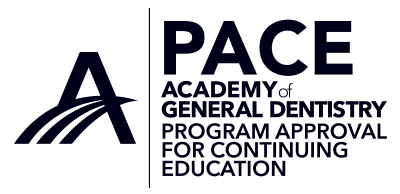Spear Study Clubs Teach You New Techniques Through Peer Collaboration
Study Club Module: Restorative Material Selection in Clinical Practice
Get to know today’s different options for restorative materials. The challenge clinicians encounter daily in practice is choosing the right material for the clinical situation. In this module, Dr. Gregg Kinzer provides an overview of today’s main material choices. He addresses the advantages and disadvantages of the current esthetic materials regarding esthetics, strength, indications, and contraindications regarding their use.
Do you want to lead or join a Spear Study Club?
Expand Your Clinical Skills



